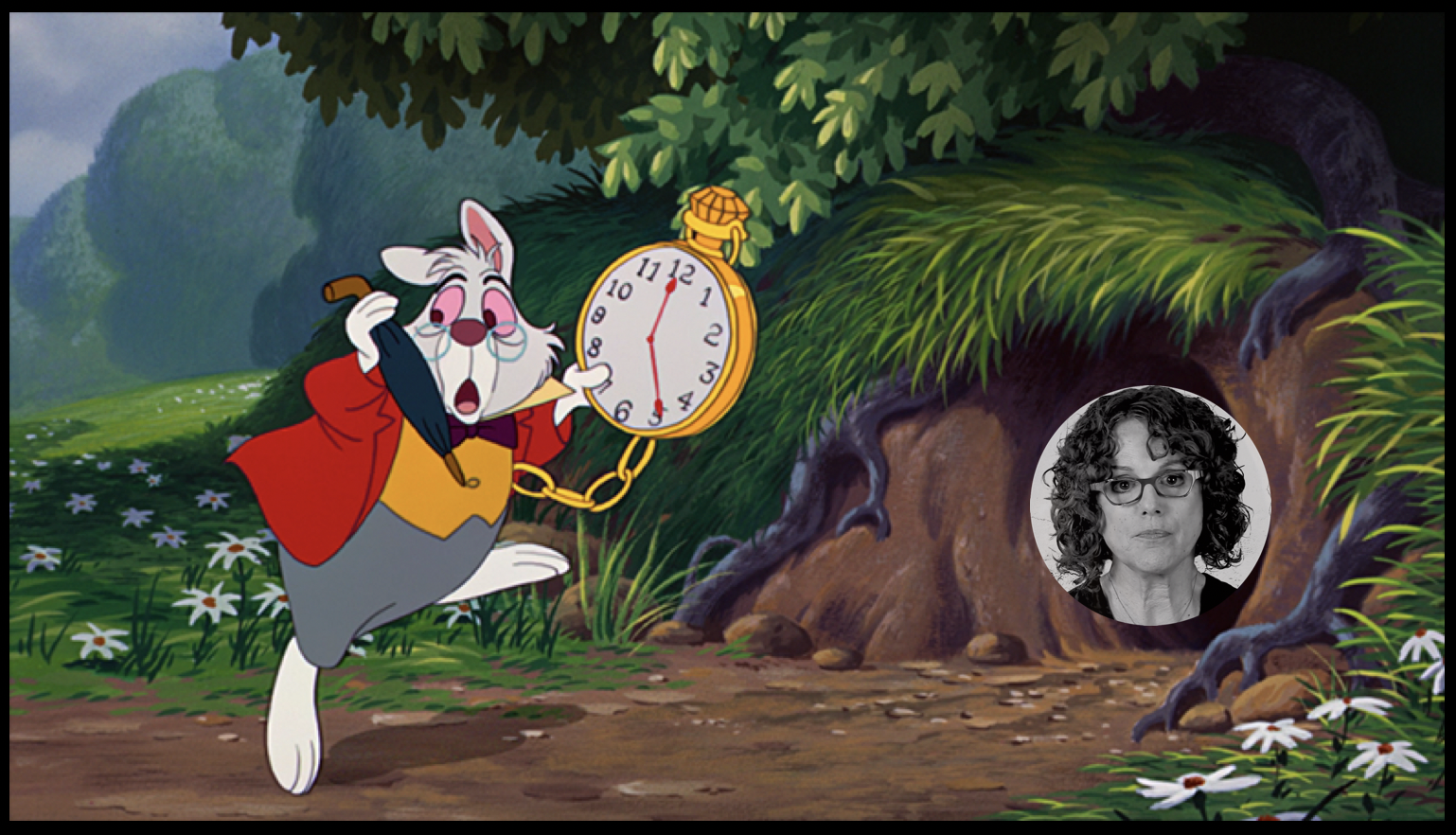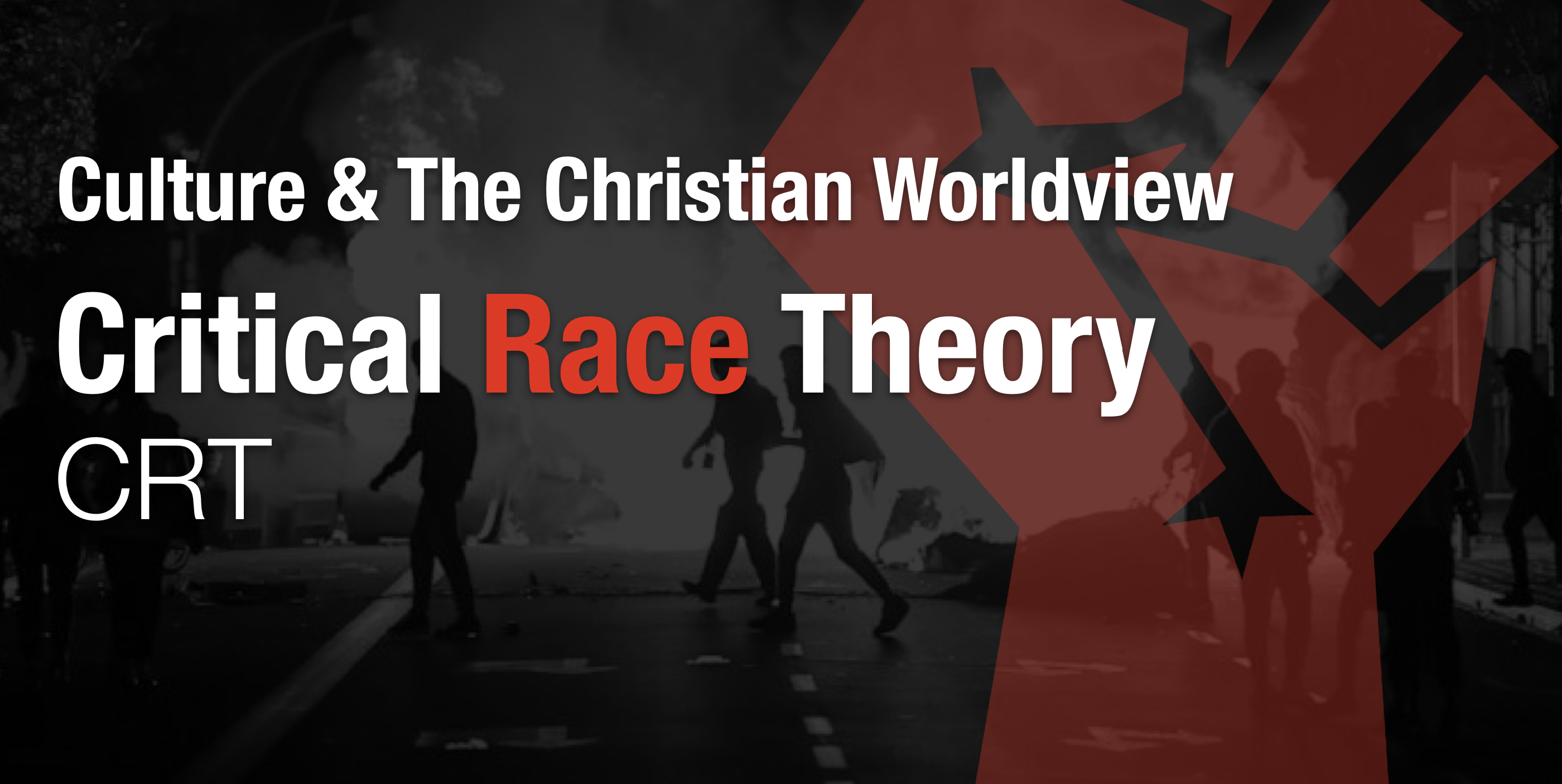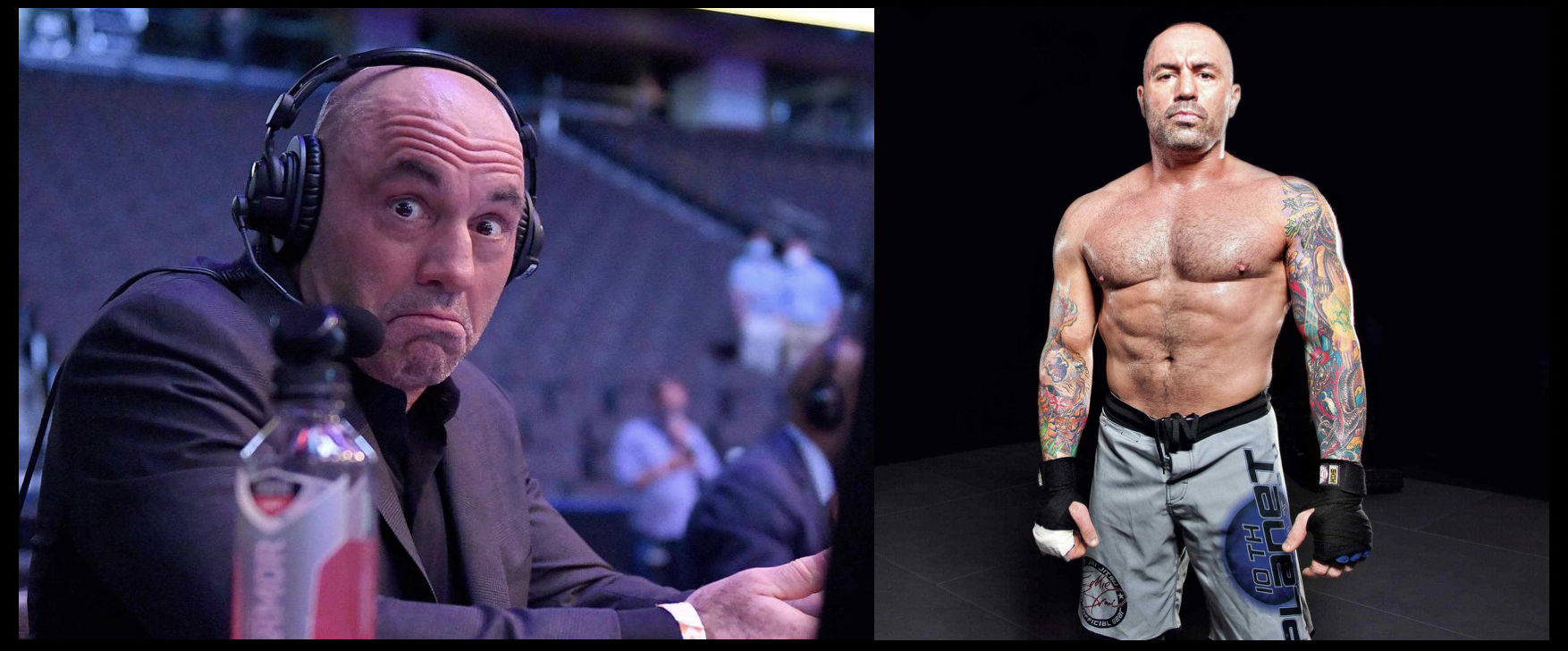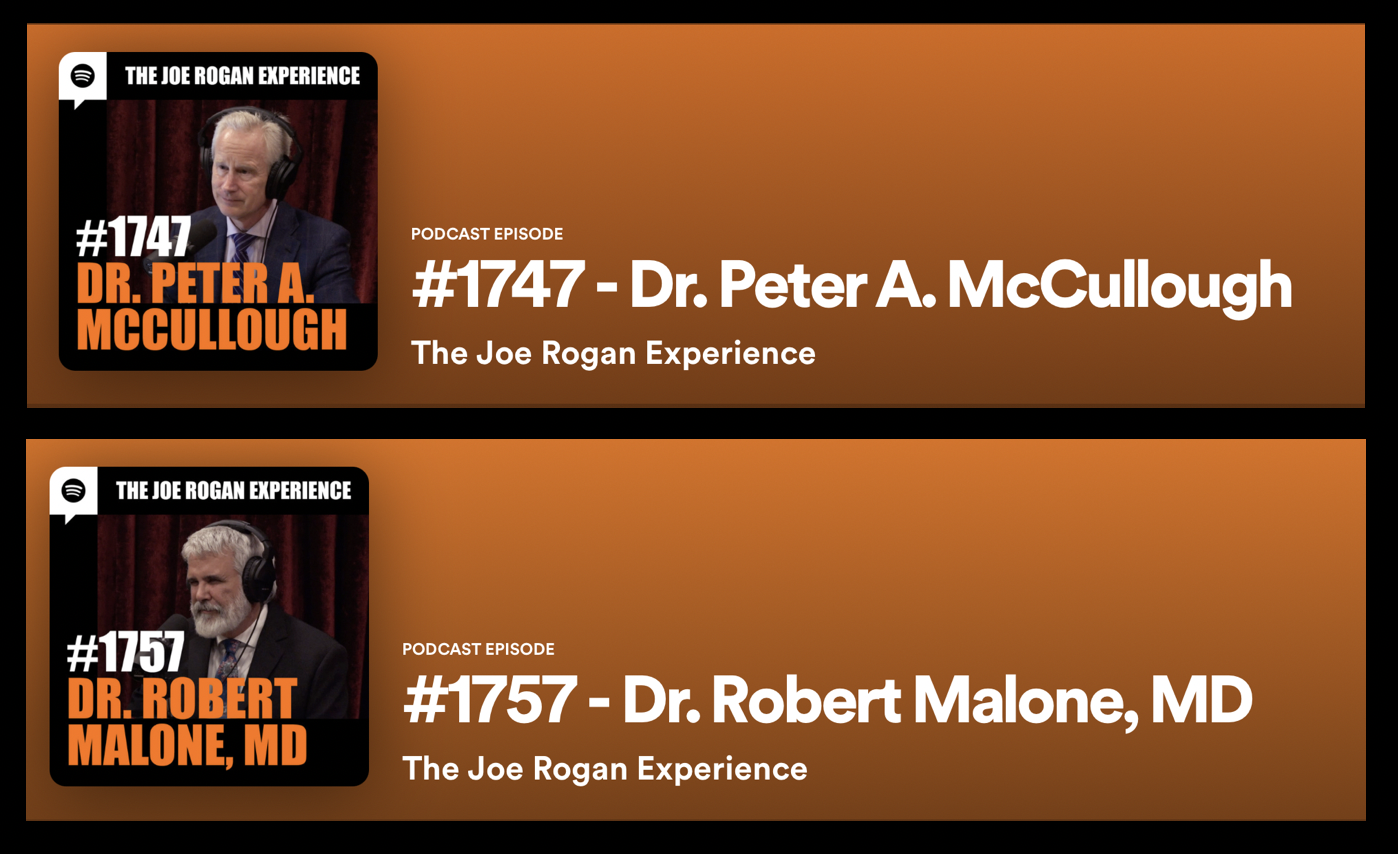Word Wars – How Academic Activists Manipulate Language to Win Political Battles
Who wields cultural power? Whoever tells the stories that shape the cultural imagination. Whoever creates ideas and concepts that diffuse throughout a population over a period of time. This is accomplished through language.
Language and more precisely, words are extremely powerful. Words have the ability to shape identity, reality, and the future.
Why do academic activists manipulate and distort language?
Here’s the short answer. When attaining cultural (hegemonic) and political power are the goals, distorting and weaponizing language is in the realm of options. Progressive academics who have colonized our universities and schools know that words can confuse, silence and break the will of their political enemies. But the question is, ‘How did we get here?’
All social engineering is preceded by verbal engineering.
William Smith
We know words are powerful
Let’s consider something familiar. The old saying, “Sticks and stones can break my bones, but words will never hurt me” seems like a good sentiment when dealing with toddlers and school bullies. However, is it a wise sentiment?
Having ministered to several people who’ve experienced childhood abuse, I have learned that while the physical injuries eventually heal, the damage inflicted by words leave deeper wounds than most of us realize.
My intention is not to diminish the horrible pain and lasting trauma caused by physical abuse. On the same token, I’m not attempting to claim that every single offensive word, disagreement or challenge to one’s political identity should carry a trigger warning. Furthermore, I’m not advocating for any censoring or silencing of free speech. I’m attempting to demonstrate that words carry more force than we recognize. Force for good or for ill.
I have met adults who, as children experienced terrible physical abuse from a parent. At the same time, the abusive parent was calling them, “worthless” and “stupid”. Uttering vitriolic statements to their child like, “I wished you were never born!” or “I wish you were dead!” Let’s STOP right here and read that again. Imagine your father, mother, or the person you trusted most saying those words to you.
Statistically, based on the numbers of readers and subscribers to this blog, some of you have experienced abuse. My intent is not to bring up past trauma but to bring insight to my readers on the power of language.
The physical wounds leave lasting scars on the body and emotions. However, the verbal wounds cut deep into a child’s mind and heart. Those harmful words from an abuser potentially shape the psyche, thought-life and eventually the identity of the victim. That will extend into one’s relationships with others. If left unaddressed, the dysfunction begets dysfunction.
While words can inflict great, sometimes irreparable harm, words can also build-up, encourage, bring order and restore.
I share this in order to demonstrate the power of words and language before addressing how language shapes the social imagination and culture.
Theologians, philosophers, poets, and academics have understood the power of language for thousands of years. Language forms the fabric of human history, relationships and cultures. Language shapes the contours of our thoughts and comprehension of reality. It’s also internal dialog and external expression of what we believe and thus, our behaviors.
As a part of my studies in anthropology, courses in linguistics were required. Through the study of linguistics, I discovered the profundity of human language. I admit, I did not fully appreciate what I was learning at the time. I do now.
Leading up to now
What I’ve discovered in the last several years is the extent to which words and language have been warped, distorted, disjointed or re-defined. We are creating new words, like “Google”, which can be a noun or verb (I “Googled” my name yesterday). 30 years ago, no one would understand what you meant if you said, “I Googled my name to see what came up.”
In 1950, the majority of people would have understood truth as being objective. What’s true about reality for me is also true for you. Truth doesn’t change, truth just is. Back then, the social order and society ordered itself around objective truth. However, with the rise of post-modernism, standpoint epistemology and obsession with individual self-expression, “truth” has been re-defined to mean what an individual wants it to mean. Truth is based on their subjective experience and how they view reality. Some academics go as far to argue that “truth” is a social construct. Today, it’s progressed to point of absurdity.
How did we get to a place as a culture where words don’t mean what they use to?
Why are we seeing a growing trend of weaponized language?
This is where we must pause and exercise discernment. I think Carl Trueman said it best, “Understanding the times in which we live is a precondition to responding appropriately to the times.” It’s vital that we have a basic understanding that there are cultural pathologies and undercurrents that led to this moment.
“Every man is a creature of the age in which he lives and few are able to raise themselves above the ideas of the time.”
– Voltaire
For the sake of clarity and time, I will not go into great depth here. Suffice to say, philosophers and academics realized obscuring language and distorting meaning was a powerful tool to change society. We can trace this back to influential people like Jean-Jacques Rousseau, Georg Wilhelm Friedrich Hegel, Karl Marx and so on.
The Rise of Progressivism
At the turn of the 20th century, we begin to see the ideas of Charles Darwin, Karl Marx, and Antonio Gramsci worm their way out of the academy into cultural institutions like the arts, elite circles, and eventually diffuse through politics in America. By the late 1950s and early 1960s, Marxian academics came to the full realization that language is a tool to attain political and cultural power and dominance. We saw the emergence of the “New Left” that would evolve into what we now call “Progressivism.”
Progressivism is one of those words that is new to the modern lexicon. It represents a philosophy and totalizing vision of life, history, and reality. In the 1940s and 1950s, most Americans repudiated Marxist ideas like socialism and Communism. So, Marxist academics in places like the Frankfurt School, began to create linguistic cloaks to conceal and camouflage their ideology in oder to make them more palatable and acceptable to the masses. Terms and concepts like “Critical Theory”, and “Social Theory”. Progressivism eventually emerged. Given, I know I am over-simplifying. But, the point is, redefined language could be used as a cloak for ideas. In the mind of the progressive academic activist, words should be both emotionally and politically charged in order to be used as weapons of revolution.
Recently, new phrases and categories employ familiar words but their meaning is obscure or totally new. You’ve probably heard words and combinations like, “white fragility“, “white privilege“, “antiracism“, “birthing person” or “transgender“.
Remember, words carry ideas that shape how people think about reality. Where did these words and ideas come from? Well, they originated in the academy (universities).
Familiar words have been re-defined. Words like, “justice”, “racism”, “tolerance”, “equity” and “truth” don’t mean what they meant just a few years ago. Fifty years ago, people would be perplexed if you told them you were transgender. No one would would understand what you meant if you told them you were fighting for “climate justice” or “equity”.
Why do academic activists manipulate and distort language?
Here’s the short answer. When attaining cultural (hegemonic) and political power are the goals, distorting and weaponizing language is in the realm of options. Progressive academics who have colonized our universities and schools know that words can confuse, silence and break the will of their political enemies.
Don’t be fooled or lulled asleep by nice-sounding words (justice, antiracist, equity). Those words don’t mean what you think they mean. No, words are their preferred weapons of war. Don’t believe me. Try to debate a progressive activist on the merit of their ideas, or logical consistency, rational coherence, or basic reason, it will not be long before they call you a name (racist, sexist, bigot, intolerant, deployable, misogynist, etc).
A word of caution, not every liberal-leaning self-described ‘progressive’ thinks this way. I have many liberal friends with whom I disagree and debate. They don’t buy into the total war of leftist progressivism bent on destroying political enemies to obtain power. So, don’t go out there attacking everyone who uses suspect words and language. Marx, Alinsky, and Marcuse would love it if you responded that way (if they were alive). Instead, pause and think.
How does one respond?
“A gentle answer turns away wrath, but a harsh word stirs up anger.”
Proverbs 15:1
Ask questions like, “What do you mean by that?” Help each other define terms. “What do you mean by justice?” And when you use a word or phrase in a disagreement or debate, pause and define it for the person.
For example, “When I say, “tolerance”, I mean it in the traditional sense which means I will endure or allow for disagreement. In other words, we can disagree without being disagreeable. Is that fair for you?”
Who wields cultural power?
Whoever tells the stories that shape the cultural imagination. Whoever creates ideas and concepts that diffuse throughout a population over a period of time. This is accomplished through language.
From a biblical perspective, we understand that the Word (logos) that grounds and shapes total reality in truth is found in God. In the beginning God created… He said, “let their be…” It was by His word that all creation, reality, language and culture came to be. So, God gets to define reality, not academic activists. Someone once said (using a baseball analogy), “Reality gets to bat last.” In other words, reality and truth have the last say… It doesn’t matter what you believe. If what you believe is not grounded in reality, sooner or later you’ll face negative, sometimes devastating consequences.
Furthermore, Christians ought to reside in the spheres of academics and art where the concepts are argued and stories are told. We tell the truth about total reality through God’s Word and His created order.
In conclusion, we must recover language and words that have been highjacked and distorted. We must ground them in their biblical meaning. Why? Because language shapes reality and how we understand the world we live in. If you we can’t articulate current reality, there will be dire consequences. Progressive Marxists know this.
If we do not take back language and plant it in the bedrock of truth, reality and the world around us will grow more confusing and chaotic.
All truth is God’s truth. Remember that.





